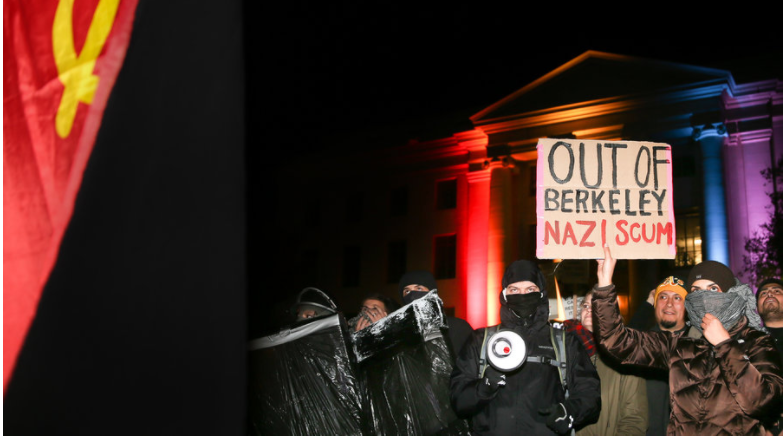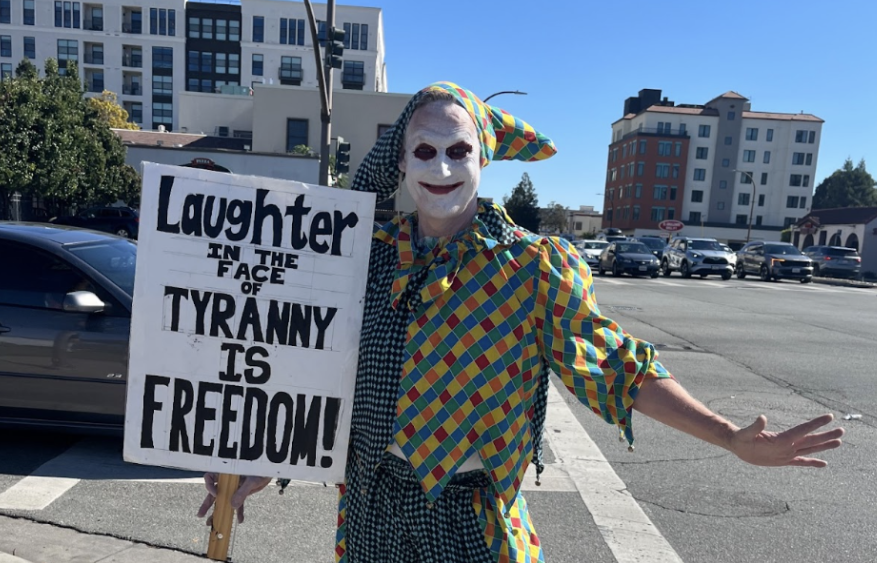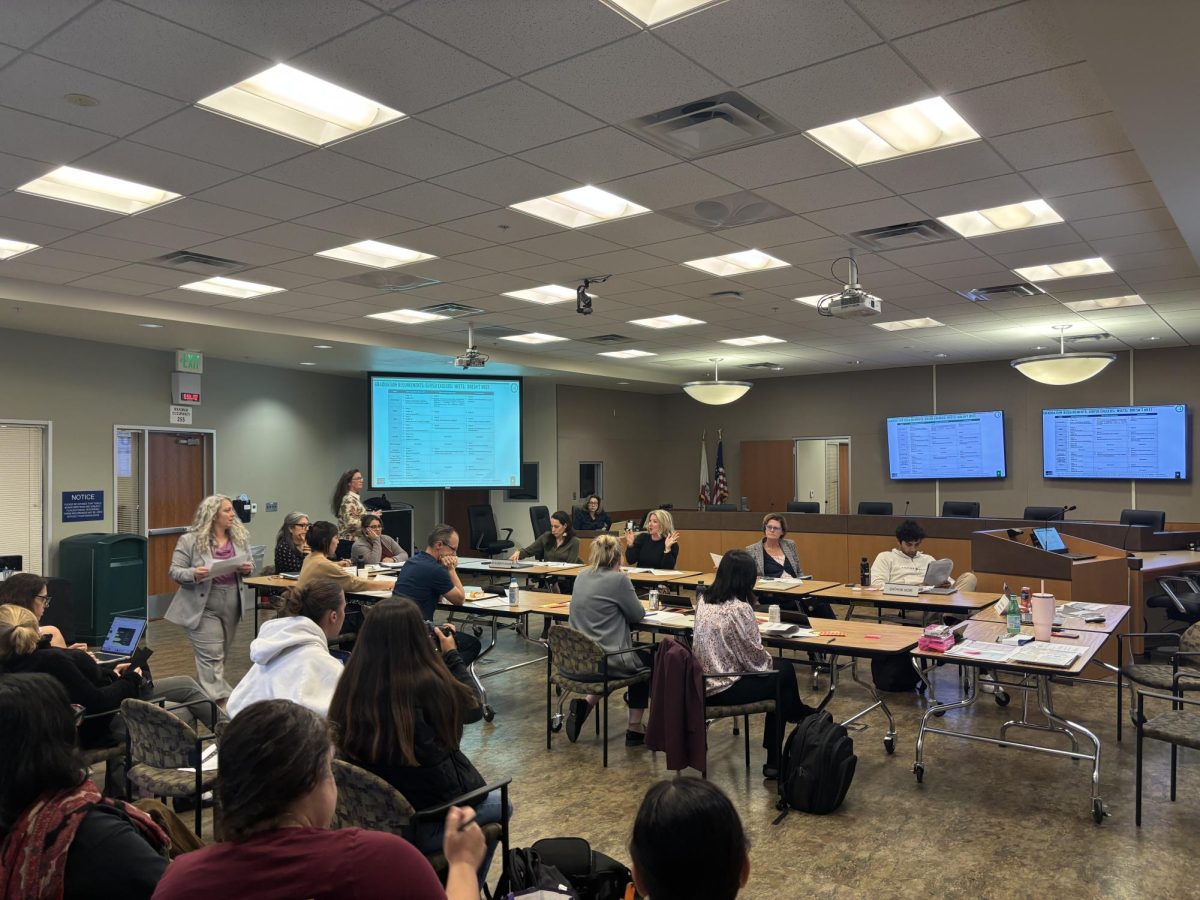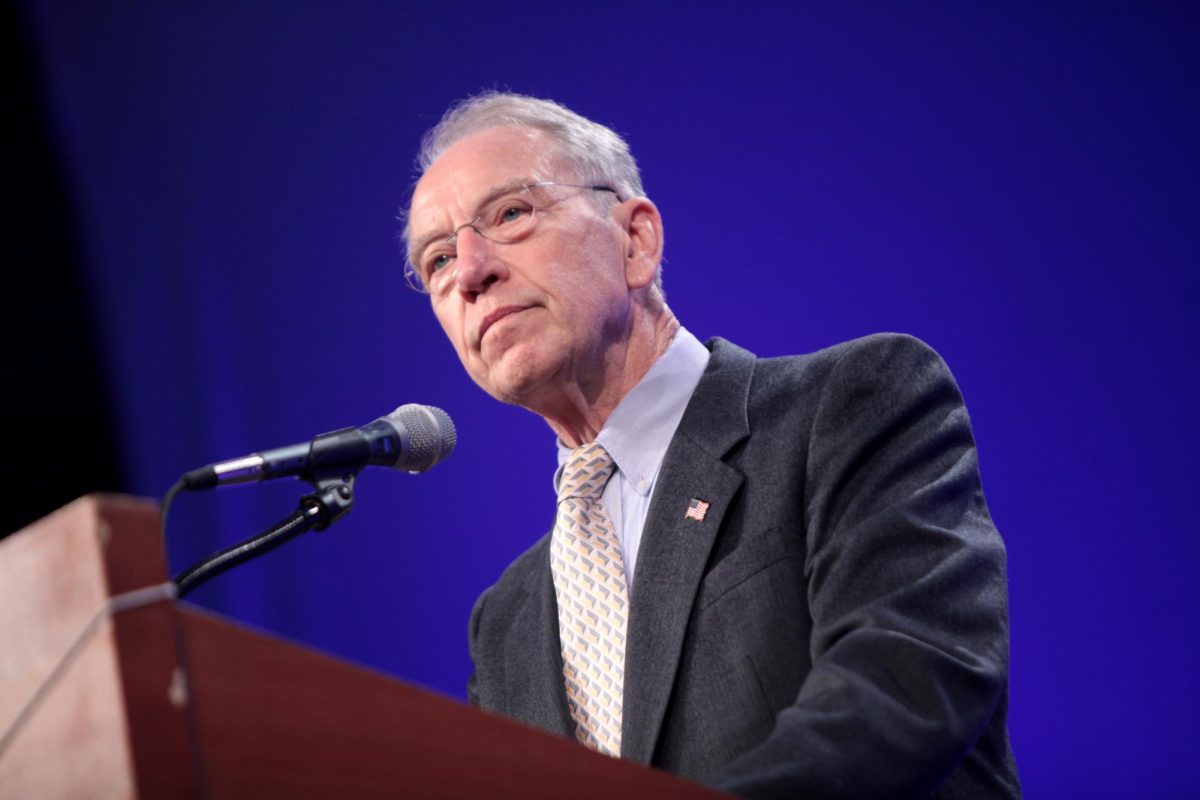The University of California, Berkeley’s ‘Free Speech Week’, featuring controversial Republican and Alt- right speakers, is facing contention, but is nevertheless still set to happen on September 24 through 27th.
Some right wing groups recently cancelled a variety of demonstrations in San Francisco the weekend of August 26th, the latest in a recent string of alt-right events throughout the country. These right-wing groups have faced pushback, especially in liberal areas such as San Francisco.
Berkeley’s campus has been a hotbed of debate for this pushback against radical conservatism. Groups such as Antifa have been involved with violent protests against right-leaning speakers and supporters. While Antifa is not associated with the university, some campus students belong to the organization, who have been active on the campus. This has turned a spotlight on the university, where controversy around the idea of free speech has bloomed, especially since Berkeley is the home of the original free speech movement in the 60’s.
At the time of this dispute in early January, former chancellor Nicholas Dirks stated in an open letter to the campus in reference to free speech on a campus inclusive of all people that “we must at the same time acknowledge that at times these principles can be in tension with or even in opposition to each other.” The campus also stated safety concerns as a reason for cancelling Yiannopoulos’s speech.
The speaker the chancellor referenced in his letter, Milo Yiannopoulos (a senior editor at the conservative website Breitbart), was forced away from the campus shortly after the open letter was released.
His engagement was cancelled after protests against him turned violent, and he issued a statement on Facebook after the cancellation saying that “the Left is absolutely terrified of free speech and will do literally anything to shut it down,” while also vowing to return to the campus to speak again.
Yiannopoulos plans to return to Berkeley during the upcoming free speech week, when he is a featured speaker. However, prominent members of the Bay Area community are outwardly opposing him. Berkeley mayor Jesse Arreguin asked the Berkeley campus to cancel Yiannopoulos’ engagement, telling the San Francisco Chronicle that the speaker would invoke protesters to “create mayhem.”
Berkeley chancellor Carol Christ was hired this summer after chancellor Nicholas Dirks stepped down amidst the free speech controversy, some of which included the open letter. She has declared that this year will be the “year of free speech” at Berkeley.
According to the Daily Californian, Chancellor Christ stated in a forum that, as long as speakers do not create “an immediate threat” or an atmosphere that is “pervasive” enough to create “an intimidating, hostile or demeaning atmosphere”, they will be allowed to speak.
The rest of prominent Berkeley staff have reiterated the sentiment that Berkeley will continue to let all forms of speech on campus and will not be barring any political opinions at this point.
Berkeley spokesperson Dan Mogulof told the Boston Globe that, ‘‘We have neither the legal right or desire to interfere with or cancel their invitations based on the perspectives and beliefs of the speakers.”
But despite the official word on tolerance, the university is preparing for more, possibly violent, protests. Campus police have been coordinating with the administration all week in order to keep students safe. It is also expected that groups like Antifa, or Anti-Fascist Action, who are known to create violence at demonstrations, will be among the protesters.
Other speakers besides Yiannopoulos expected to attend include: Ann Coulter, who faced a similar situation as Yiannopoulos this winter, and Ben Shapiro, a conservative commentator and journalist. Around a dozen others have been invited to attend, including Steve Bannon, Trump’s former chief strategist.
All the speakers invited are generally viewed as ‘provocative’ republicans, speaking out on social issues that invoke strong opposition from progressives and liberals. But, to the republicans involved in the creation of ‘free speech week’, that tension is exactly what Berkeley needs.
In an interview with the website Refinery21, conservative Berkeley student Naweed Tahmas explains that, “We live in an ideological echo chamber at UC Berkeley, where students are only exposed to one set of views in their classrooms. It is necessary to have dialogue across both sides of the aisle.”









